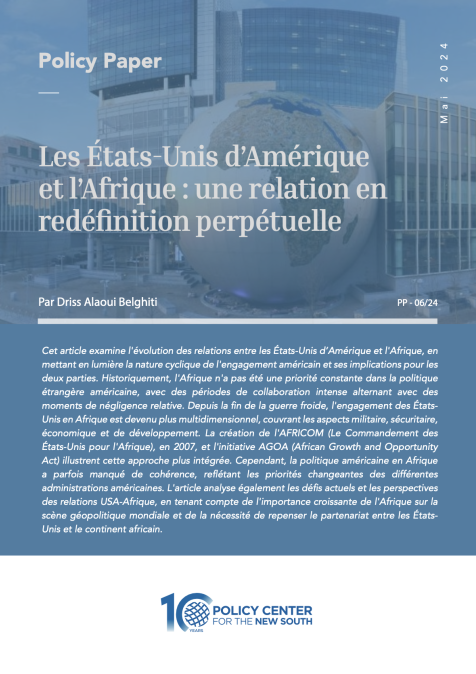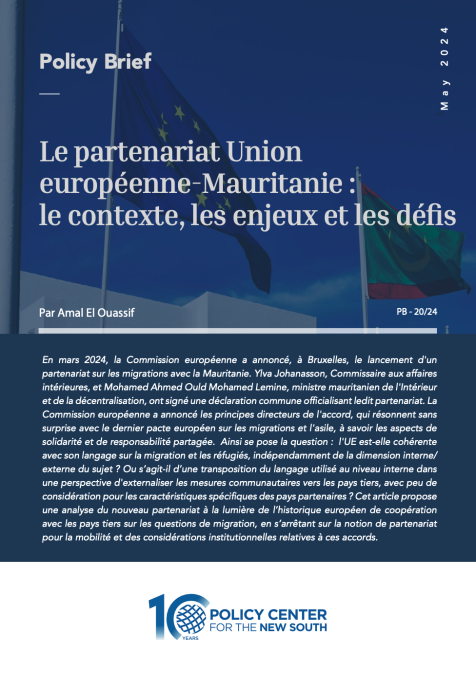Publications /
Policy Brief
The water-energy-food (WEF) nexus has emerged over the last few years as an innovative and holistic platform for resource management and allocation. Unlike many other disciplines that make their way to the policy circle through academic debates, the nexus emerged from the global and policy business community as a platform to guide sustainability efforts. It is, with no doubt, that the nexus will find its way to the implementation of the sustainability development goals (SDGs), approved by the UN general assembly in September 2015. The nexus is also finding its way to the academic community, where a lot of scientific questions are awaiting answers: what are the data needs? What are appropriate modelling strategies? How will we scale (upscaling and downscaling)? And what is the appropriate scale for approaching the nexus? These are but a few of the technical challenges. With that in mind, critical questions need answers regarding the governance of the nexus, including ownership and appropriate governance structures. The global community is in urgent need of good, successful examples of how the nexus has helped reach water, energy and food security goals.












